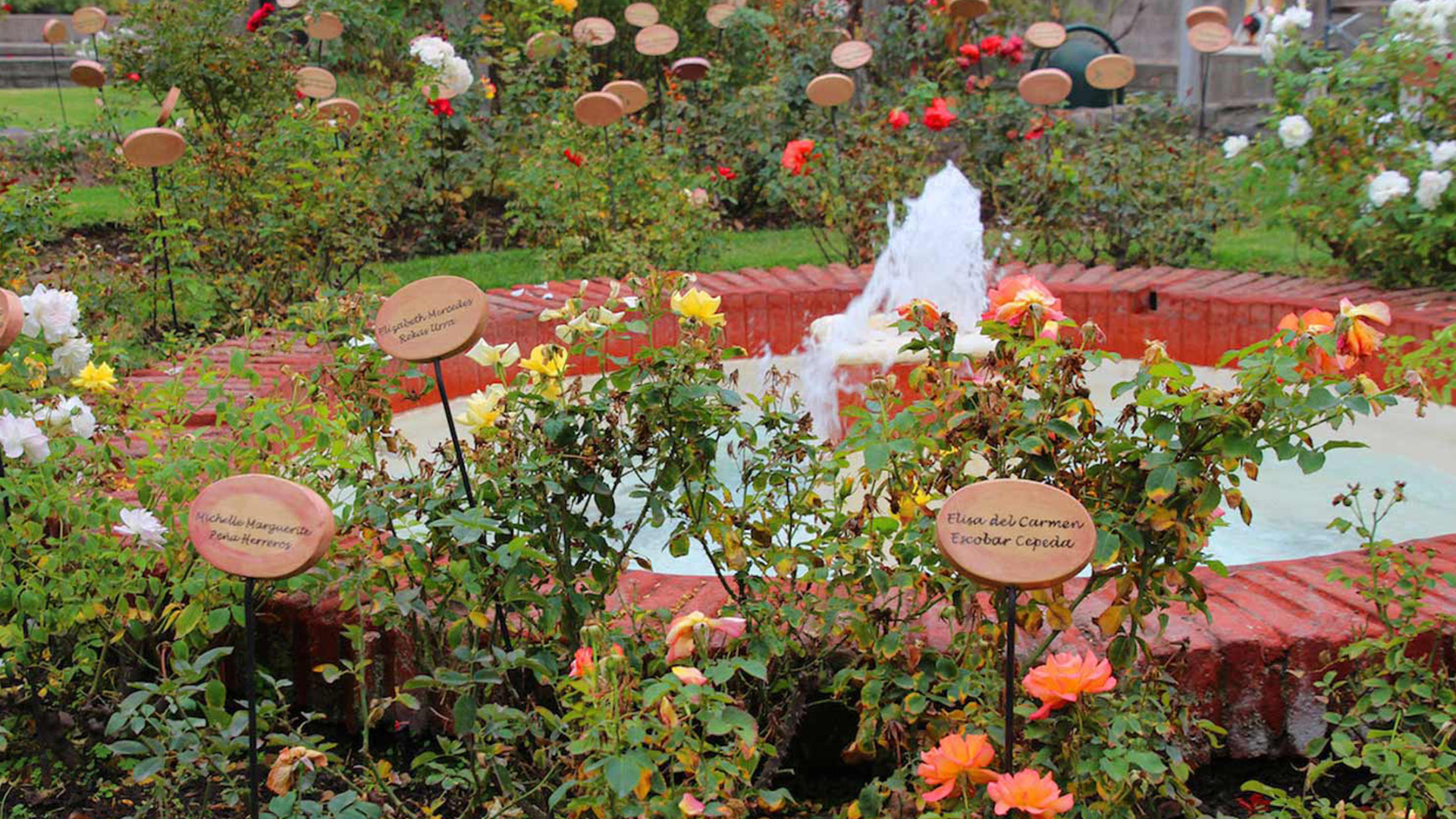Search of the Law
“Nothing is the past, everything is the presence and can become the future again.”
Fritz Bauer
The history of the future cannot be written in advance. Borrowing from Rainer M. Rilke’s idea that the “the won-back heart is richest,” our exploratory walks produce filmed and photographic series and sometimes even sequences of texts and poems. The goal is to allow participants to experience the unfamiliar, free of objectives and (pre-)judgments.
The goal is to allow participants to experience the unfamiliar, free of objectives and (pre-)judgments. If the destination is already set, how can there be any new insights? Everything is focused on the current state of knowledge. Our idea is to learn new things and add the unknown and the unperceived.
Unobstructed views
Our exploratory walks are essentially a method for gaining an unobstructed view. Our perspectives are often predefined by culturally determined interpretive patterns, which means we lack the distance to overcome the limitations placed on experience. The aim is to courageously rediscover history at places of the most diverse memories – to keep one’s own perspective open.
CHILE – Search of the Law at Places of Crime
LONDRES 38, SANTIAGO DE CHILE
This site at Londres 38 in the middle of Santiago de Chile was used for incarceration, torture, and murder. The fate of many desaparecidos began here – victims of the systematic practice of enforced “disappearance” that the terrorist Chilean state initiated in 1973.
So far it has not been possible to determine exactly how many people were imprisoned here. The names of ninety-six prisoners are known, mostly young, politically committed activists from Chile’s Socialist and Communist Parties and from the Movimiento de Izquierda Revolucionaria. Eighty-three were men, thirteen were women, and two of these women were pregnant.
The dictatorial regime attempted to conceal the activities at this place by changing the house number from 38 to 40, but former prisoners and their family members succeeded in preventing the fate of the people tormented at the site from being erased from the city’s memory.
VILLA GRIMALDI – PARQUE POR LA PAZ, SANTIAGO DE CHILE
In 1973, the Chilean military rented the Villa Grimaldi (allegedly by pressuring the owner) in order to set up one of the numerous prisons and torture camps from which political opponents were “disappeared” (i.e. murdered). The prison, which was run by the secret police, was cynically called Terranova.
Some 4,500 prisoners were detained here over the next five years. Of these, 236 were murdered or “disappeared.” In 1978, the torture site was shut down.
When plans were made to build a housing complex on the site in the mid-to-late 1980s, a wave of protests broke out. In cooperation with the Permanent Assembly for Human Rights of Peñalolen and La Reina, the protestors launched a campaign that eventually led to the property being confiscated and opened as a place of remembrance in 1994.
A rose garden commemorates the “disappeared” and murdered women who were arrested because of their opposition to the military dictatorship. Display cases show objects that recall the tortured prisoners’ lives and dreams. One of the most moving inscriptions on the mosaic stones in the garden reads: “Patio de los Abedules. Lugar de celdas y tortura de prisioneros. En este asiento se vivenció solidaridad, lealtad y compañerismo.” (“Patio of birches: site of the detainment and torture of prisoners. Solidarity, loyalty, and camaraderie were experienced here.”)
In 1997, the Parque por la Paz was opened for events that recall and strengthen a culture of respect toward human rights
View Webseite of Villa Grimaldi
URL: https://www.fritz-bauer-forum.de/en/learn-and-research/exploratory-walks/





